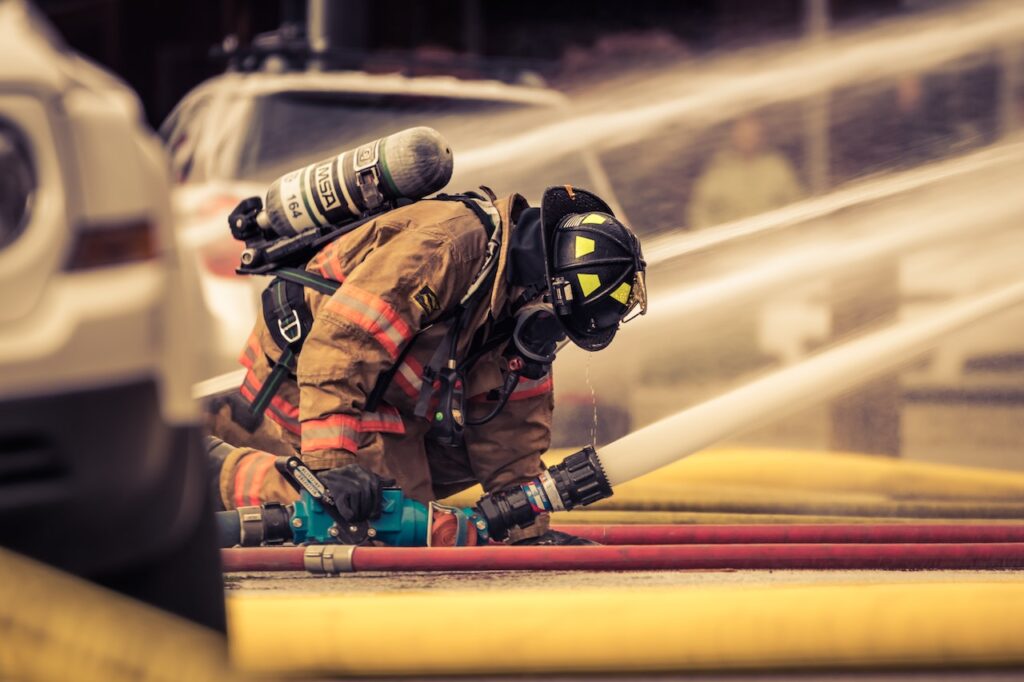
The HERO. We’ve all grown up with heroes real and imagined and, though all “grown up” we still can’t get enough of them. Heroes come in all forms, and we find them all along the continuum from the idealist goody-goody to the brooding/shady anti-hero.
Which begs the question. How do we transform our MC (main character) in ways that stand above all the other heroes out there vying for the spotlight?
Humans are a story people, meaning we all share one thing in common—we LOVE characters that embody all we wish to be. Yet, crafting a hero isn’t as simple as one might think. In fact, new writers generally serve up a “hero” too soon. They fail to understand that the title—HERO—is something that must be earned.
In fact, the harder it is for our main character to attain this noble title, the more valuable it is. The greater the opposition (externally and internally), the sweeter the prize.
To be blunt? Story participation trophies are about as exciting as real-world participation trophies.
A Hero is the FINAL Product
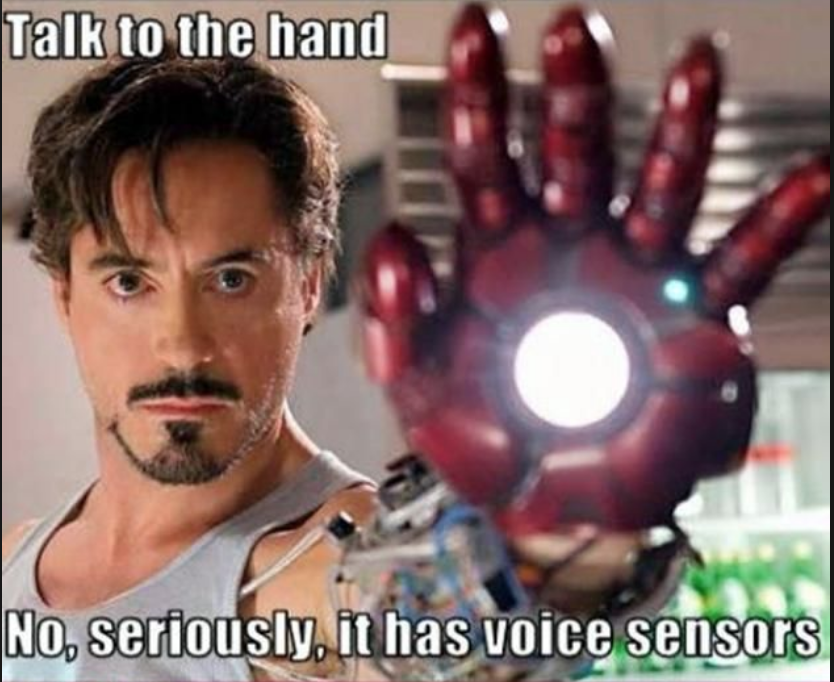
Before we get to any tips, let’s first make one thing clear. The hero is the final product forged in the fires of adversity. This might seem obvious to everyone who hasn’t tried to write a novel. When you’re new, though? You’re insecure.
Hey, I’ve been there.
I thought my main character had to be perfect for readers to like/want to root for her. Adding any flaws made me nervous.
I know! Give her ninja skills, too!
Frequently, new writers want their MC to be everything amazing. He/She has the looks and the moves. They’re larger than life and super *add in whatever superlative here*.
Yet, when it comes to great stories, this is a formula for a snooze fest. A hero, by definition, must overcome something to be worthy of the appellation. The story, then, is the account of the overcoming.
When we start the story, we begin with a rough protagonist, riddled with flaws who then crosses paths with the antagonist’s agenda. Once the protagonist makes a conscious decision to step out of his/her comfort zone and agree to the journey, the transformation process begins.
Rough Flawed MC—>Evolving Protagonist—>Hero
As we go through these tips, keep in mind that genre will heavily dictate each of these factors.
#1 Give Your MC (Hero) Weaknesses
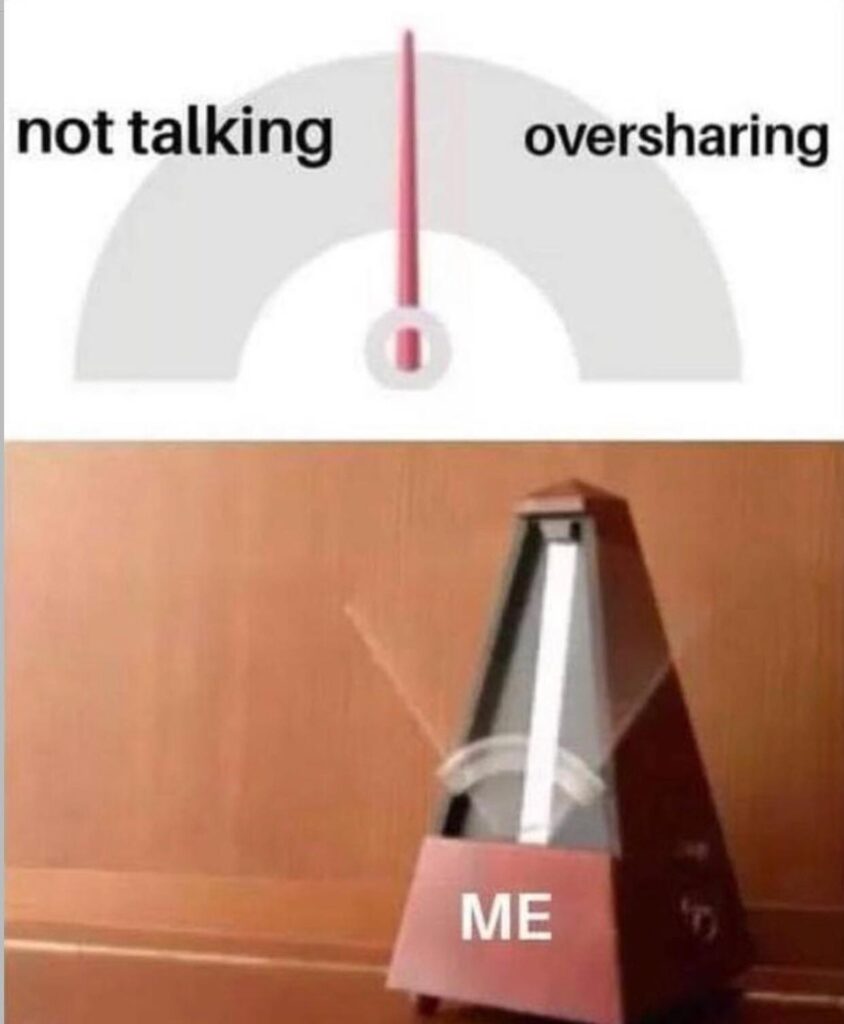
One of the reasons we want to give our MC some weaknesses is that no one is perfect. We (readers) can’t relate to perfect people. While it is scary to admit our protagonist is flawed, flaws are what will help readers connect and the story resonate.
Fear of failure, lack of confidence, lack of experience, gullibility, overconfidence, fear of abandonment, trust issues, insecurity, addiction, etc. are all very human weaknesses we can exploit for maximum tension.
Once we flesh out a protagonist and his or her weaknesses, we’ll have a better idea how this character will need to grow. The ideal story problem won’t have the MC operating in her strengths, rather it will have hit her right in her soft spots.
This will give only two options: change and grow stronger or collect allies to buttress areas of weakness.
Today, I’ll try to use two very different genres as well as examples I’ve not used before. No Lord of the Rings, today.
Stranger Things: Even Superheroes are Weak
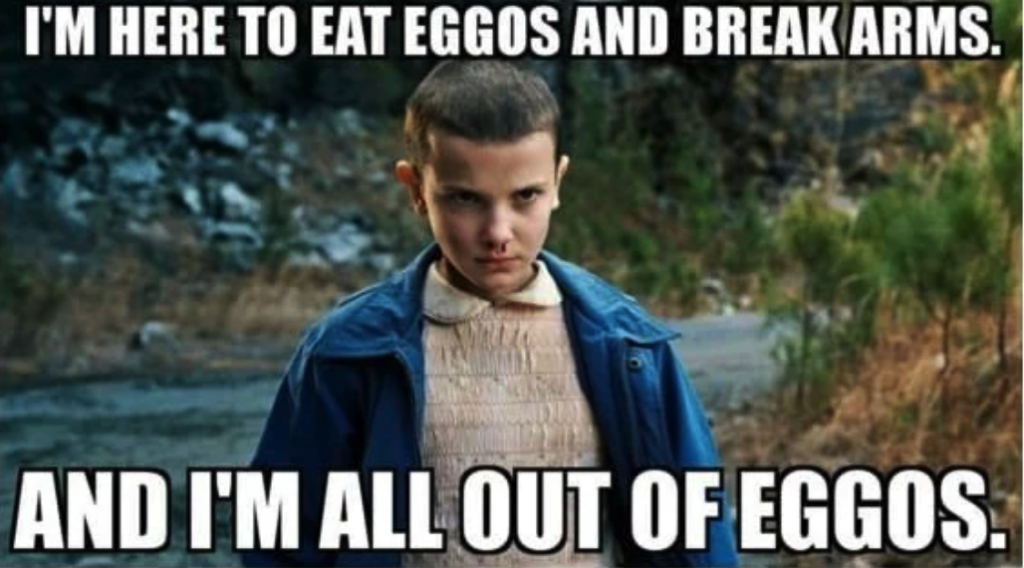
For instance, in the popular series Stranger Things, the MC, Eleven, escapes a secret government facility that’s been using her to spy on the Soviets as part of black bag operations. She has strengths (mental powers), but these powers are majorly hindered due to the fact that she’s never lived out in the real world.
Her naivete makes her extremely vulnerable to recapture. Until she can learn how to function outside of a lab, she’ll have to learn to trust her new allies (and trust is NOT her strong suit either).
Though Eleven has crazy mind powers, we can relate to her because her weaknesses make her more like us.
…unless you have mind powers. Then look me up because we totally should be friends.
Isn’t It Romantic? Everyone Wants Love
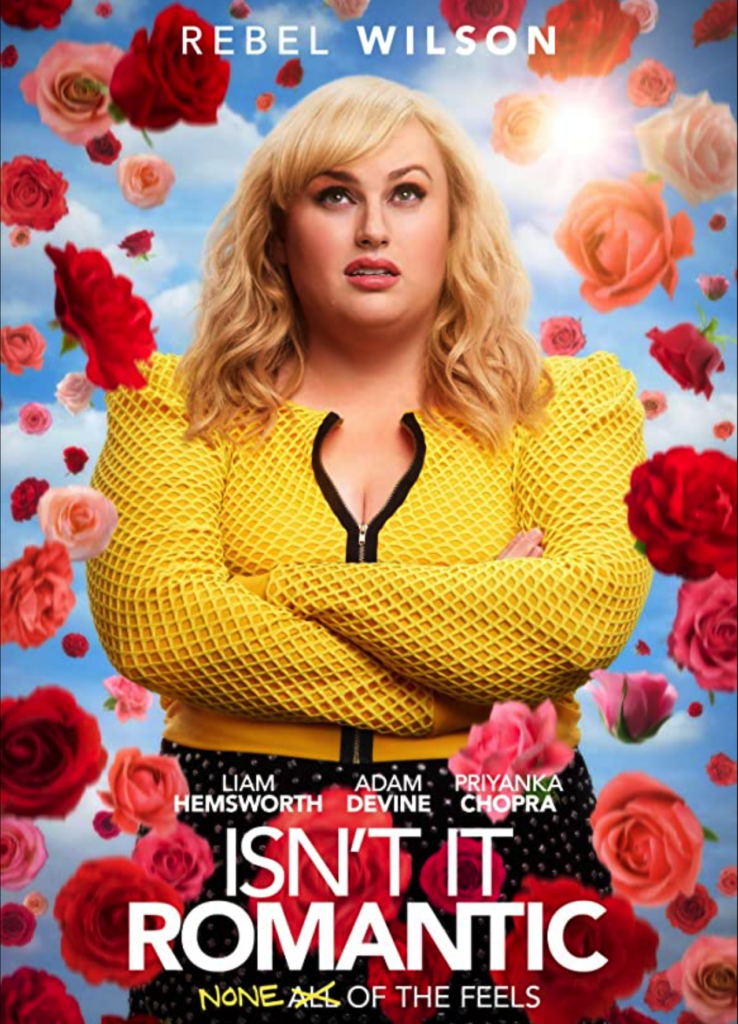
Since not everyone is a science fiction buff, I’ll use another example from a light comedy I absolutely LOVED. In the movie Isn’t It Romantic, Natalie, a woman disenchanted with love, suddenly finds herself trapped in a romantic comedy.
The main character (played by Rebel Wilson) is not the kind of gal normally cast as the heroine of romantic comedies…which is much of the point of the movie. She’s overweight, insecure, and lets her colleagues run roughshod over her.
Because of her low self-esteem, she fails to demand the credit she’s due as a talented NY architect and, instead, tolerates terrible treatment (like when a major client sends her out for coffee when she’s the project manager not the coffee gopher).
Though Natalie has clear surface weaknesses—her weight, lack of fashion sense—she has some internal weaknesses as well. She’s bitter, doesn’t believe in love, is very judgmental, and automatically seems to assume the worst.
Don’t know about y’all, but I can relate to a lot of this, especially the part about being a doormat. One phrase: GROUP PROJECT.
Enough said.
#2 Give Your MC (Hero) Wounds
We don’t have to live very long in this crazy messed-up world before we get sucker-punched. Ideally, our MC will have a “life” before the beginning of our story (backstory).
Genre will dictate what kind of wounds and the level of damage, but my point here is that pain is pivotal for any good story. Perfectly adjusted people make for lousy fiction (provided such people even exist).
All of us have been hurt and, when put under pressure, these are the weak seams most likely to burst.
Hero Wounds Don’t Have to Be Weird
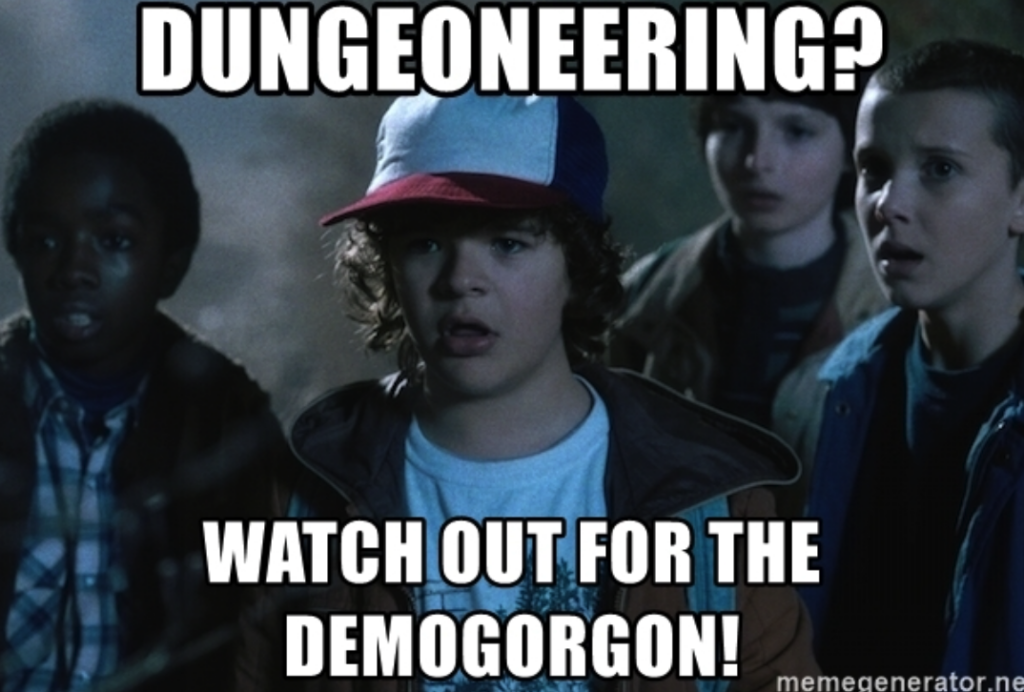
Using my first example above, Stranger Things, Eleven has suffered serious trauma. She was torn away from her biological mother at an early age then imprisoned in a secret government facility. Her short life has been nothing but a series of terrifying and morally repugnant experiments.
The government has also harnessed her powers and forced her to do a lot of very bad things, leaving her with crushing guilt.
Remember, Eleven already had trust issues before she escaped. She won’t last in the outside world all on her own. But, her false guilt and abandonment issues only fuel her fear of trusting anyone.
Additionally, Eleven believes she’s poison because life has taught her that life is nasty, brutish and short for those who get too close to her.
The problem, however, is if she fails to trust, she has no hope of survival, let alone living long enough to be a hero. Though most of us, I assume, don’t have amazing psychic powers, we can at least understand what it’s like to be betrayed and how hard that can be to overcome.
We might also feel false shame or guilt over events that weren’t even our fault.
So, hopefully, y’all can see that even though Stranger Things involves some seriously extraordinary elements, the connective points that resonate with the audience (us) often are actually very common.
Hero Wounds We Can All Relate To
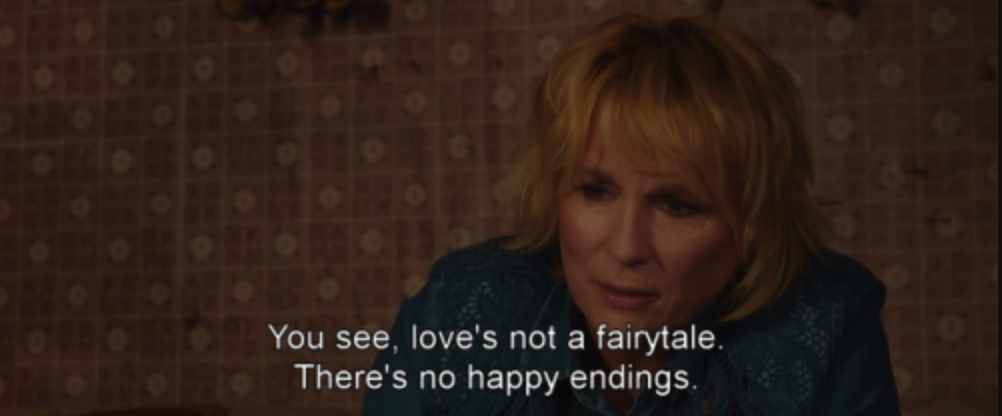
Going back to Isn’t It Romantic, there are so many scenes in this movie that resonated with me. Early in the movie, young Natalie is watching Pretty Woman. She’s obviously enraptured in the story when Mom bursts her bubble:
“They’ll never make a movie about girls like us, and you know why? Because it would be so sad that they’d have to sprinkle Prozac on the popcorn or people would kill themselves.“
Once we see this critical moment in Natalie’s past, it becomes pretty obvious why she’s grown into a jaded and lonely adult. She believes love (respect) is only for the perfect women in ads, magazines and in the movies. Her mom’s crappy comment left a deep wound that never healed.
Because of this wound, she acts out in ways that reaffirm this untruth. She pushes people away, doesn’t recognize those who really do care for her and value her, and she fails to see love that’s right in front of her face.
This is all because deep down, she doesn’t believe she is worthy of love.
#3 Give Your MC (Hero) a Blind Spot
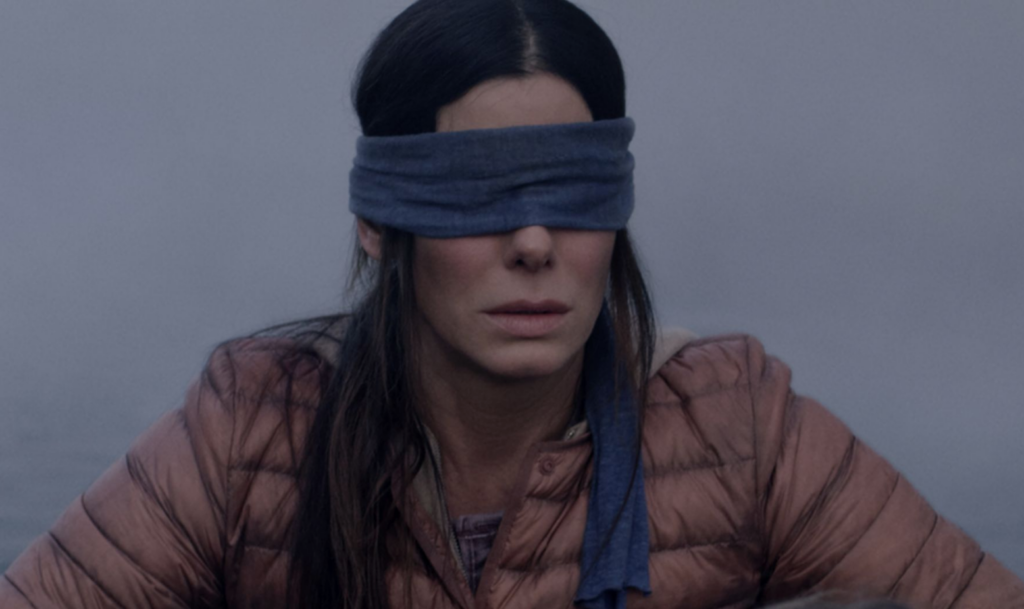
The blind spot is directly related to the MC’s weaknesses and wounds. We meet our MC in normal world, and, without any opposition, it’s tough to see weaknesses.
For instance, I have no idea if my arms are weak until I try to pick up that fifty pound bag of dog food and suddenly find that I can’t. So long as my husband always carries in the dog food, I might keep on believing my upper body strength is just fine. Only when my strength is tested will I be able to see I’m somehow lacking.
The same is true for wounds. Maybe I believe I am a super-confident person because I’m always in charge and get things DONE. But, when faced with a challenge too big for me to handle alone, circumstances will force me to face the fact I’m not confident at all, rather I’m an insecure control freak.
This is the point of the story problem. It reveals weaknesses and wounds that LOOOVE to hide in the blind spot.
Protagonists with no weaknesses and who are fully self-actualized are boring. It takes a hero to face the darkness, especially the darkness lurking inside.
Another tricky thing about blind spots is they tend to offer false confidence because they often masquerade as strengths.
Superhero Blind Spots
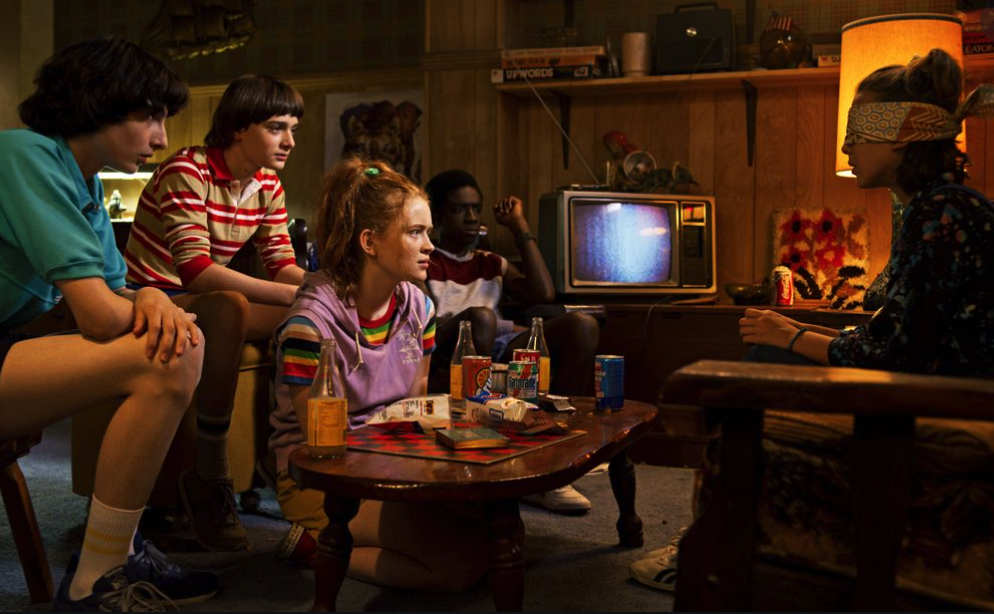
Eleven escapes the government facility and, over time, forges friendships and allies (though not easily). Why? Because if Day One she showed them her powers and detailed the government experiments, it would have been a pretty boring story.
Too much too soon.
Withholding information creates tension that keeps audiences riveted. What better way to do this than have an MC with serious trust issues?
Eleven’s justifiable paranoia keeps her withholding critical information. But, it isn’t just her trust issues that keep her from spilling the tea.
She actually cares about the first real friends she’s ever made and doesn’t want any harm to come to them. Yet, in her misguided desire to protect them, she ironically places them in much more danger.
In ways, she’s overconfident that her abilities can be enough to keep them safe. Even if that isn’t true, she underestimates their abilities in comparison to her own. Her underestimation of the collective power of her team is what steadily draws them all deeper into danger and steady raises the stakes from Eleven simply remaining free to her placing their entire plane of existence is in danger.
Until Eleven becomes aware of her blind spot, she has no chance of being a hero.
Holding Out for a Hero
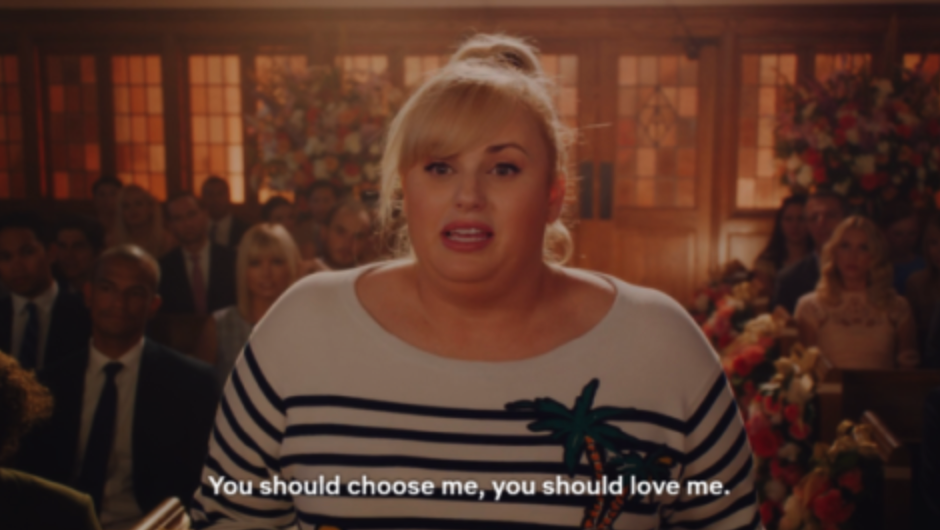
I really loved the movie Isn’t It Romantic because it did a really great job of teasing the audience along what we believed would be a predictable rom-com ending. The only difference would be the overweight acerbic architect would find true love as opposed to the standard rom-com MC we all expect.
If you haven’t seen the movie, I highly recommend it. It’s just a fun, good time.
When Natalie (through an odd twist of events) finds herself thrust into a world where everything is a rom-com, it forces her to face who she is and why she believes what she believes.
As is true with the blind spot, Natalie soon starts noticing how she’s part of her own problem. Others walk all over her because she allows it, then goes off and complains instead of changing her behaviors. If she acted like a top end architect, the odds would improve that others would treat her as one.
She also realizes the biggest blind spot of all—WHY she’s so bitter when it comes to romantic movies (and how this is spilling into real life).
Natalie’s journey isn’t as much about a new wardrobe or makeover as it is about remembering the core pain and finally recognizing that it never healed. She never found love because she didn’t see it even when it was right next to her.
This is when Natalie becomes the hero in her own story. She can’t give to others what she doesn’t even have for herself…LOVE.
Build-A-Hero
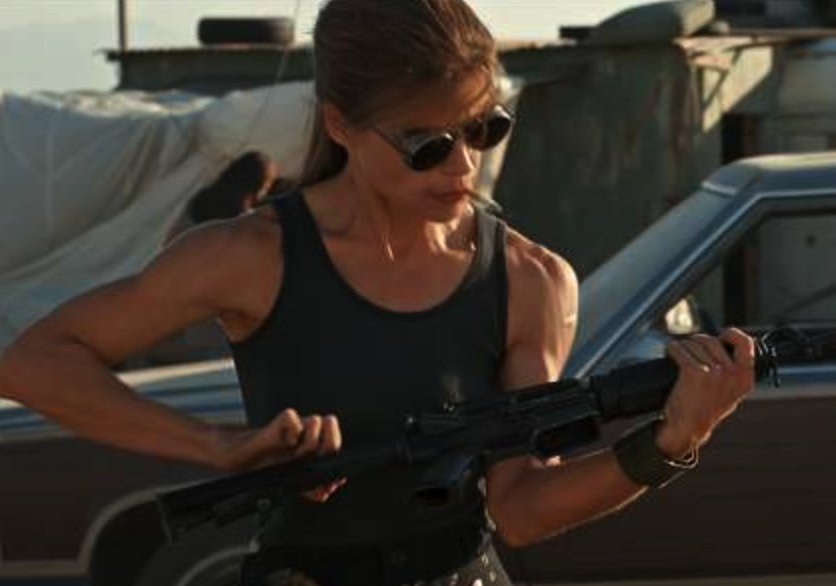
After all of this, can you look at your main character and give them some relatable flaws? A protagonist with a secret, struggling with an addiction, has a hard time trusting, doesn’t believe they are good enough/strong enough/talented enough to get the job done?
Maybe someone so damaged they’ve gone off course believing they’re doing the right thing, only to learn how misguided they’ve become?
Think of your favorite stories and what flaws made the protagonists into the most interesting heroes (I.e. Forrest Gump, Bones, Deadpool).
What about wounds? Would Monk have ever been Monk if his wife hadn’t died the way she did? If he didn’t carry the false guilt that propelled an obsessive need for control? His wound created the flaws that makes him an unparalleled investigator.
Let’s look at a great blind spot. Think of what created the immortalized version of Sarah Connor. Terminator was a good movie, but Terminator 2 is MODERN MYTHOLOGY.
Why?
Because Sarah started out as an everyday waitress thrust into extraordinary events. In her single-minded mission to protect her son and the planet, she unwittingly transformed into the very thing she sought to destroy.
In the end, we all love to make our characters larger than life, cool and kick@$$ in every way. Don’t let me stop you. We still can!
Just keep in mind that layering a healthy dose of flaws, wounds and blindspots can elevate a story from meh to magical. Even all our favorite comic book heroes have issues, blindspots and drama.
What Are Your Thoughts? I LOVE Hearing From You!
Who are some of your favorite heroes and why? I think a lot depends on my mood. Stranger Things is a really cool series because, while Eleven has the spotlight, every character is a hero in his/her own way and I could write a month of blogs easily on all the different characters.
They did an excellent job of layering in flaws, weaknesses, blindspots, and then using those to arc the characters into fantastic and fully formed heroes!
In fact, I think a lot of the best writing is coming out of series these days so it’s tougher to give good examples from the movies without reaching back in time to examples I’ve used plenty of times before.
But chime in! Have one place on the internet that is a little bit fun, right? What’s your favorite movie? Favorite hero/heroine and why?








8 comments
Skip to comment form
Seems much of today’s society is focused on discrediting traditional heroes and the patriotic, wholesome family values they represented.
Author
I definitely feel you on that one. The key is remembering no everyone is our audience. Write for those of us who still love that content.
In one of my books, I have a pretty boy hero who’s good at numbers and gambling. Then I kill his family, burn down his house, and give him a whole new image (no skin grafts in his universe). He has to face the world with a face people kind of cringe at, girls don’t like him as much any more, and he has Issues. Oh, and vowing revenge, of course. He’s still good at numbers and gambling, but he wants to use those powers to find out who did in his family. Fun for the whole family…
Author
NICE!
My favorite fictional heroes: Paul Muad’dib Atreides in Dune (he can see all and I mean ALL) of the options going forward, which doesn’t mean that he knows the future like everyone else thinks he does but does cause him a lot of pain. Intriguingly, the one option that he avoids as abhorrent, is the very one that his son takes as a short-term aid to victory that becomes his life path and forges the son into an anti-hero in the fourth novel in the Dune series.
I absolutely agree on this one
I think you hit the nail on the head, Kristen. A character who is too perfect is impossible to relate to, but a character with flaws and weaknesses will pull us in every time. It gives us something to root for. Great post, as always!
My favorite movie (ok, three of them) is Peter Jackson’s Lord of the Rings. Before that, it was The Empire Strikes Back. Action movies Die Hard and Lethal Weapon also come to mind. If you’re looking for a really flawed anti-hero in a book series, I love The Chronicles of Thomas Covenant the Unbeliever by Stephen R. Donaldson. I can’t stop without mentioning an unexpected hero (a pig farmer) in a Chosen One story, the Riddle-Master trilogy by Patricia A. McKillip, a short but (in my view) exceptionally rich fantasy with a mystery/riddle, deftly told.